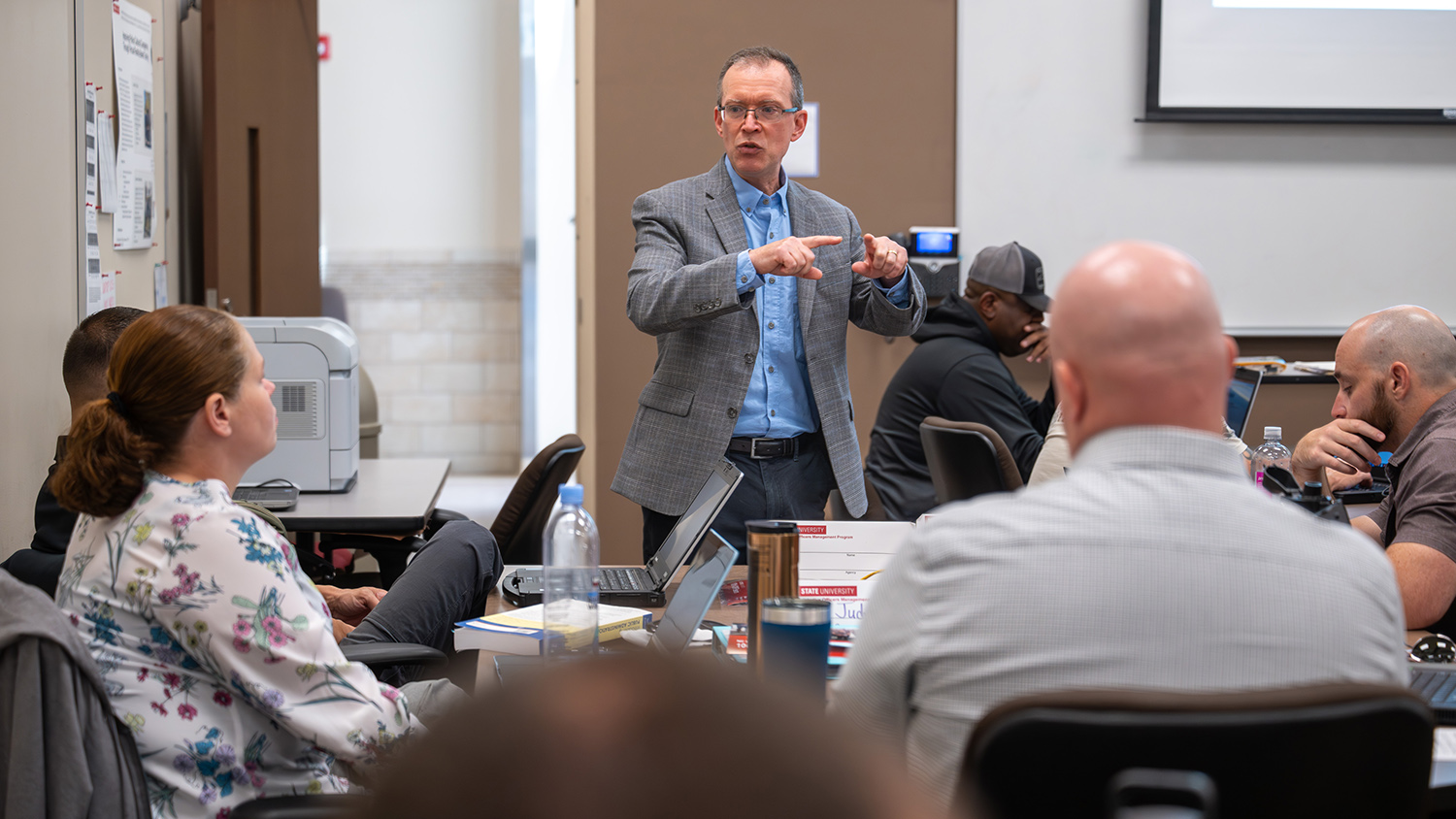Perceived Socioeconomic Status Can Affect How Old We Feel

A recent study finds that how older adults perceive their socioeconomic status influences how old they feel and their attitudes toward aging. Specifically, the lower people deem their relative socioeconomic status, the worse they feel about growing older.
“We’re not talking about actual socioeconomic status, but about how people feel their socioeconomic status compares to others in their community,” says Shevaun Neupert, an associate professor of psychology at NC State and co-author of a paper on the work.
“So, someone could be successful and affluent, but if they feel less successful and affluent than their peers, they are more likely to feel older and have more negative attitudes regarding aging,” Neupert says.
“This is important because negative attitudes about aging, and how old we feel, determine how we respond to stress and can affect quality of life – and health – in a meaningful way.”
For this study, researchers conducted an online survey of 296 adults over the age of 60 from across the United States. Study participants were asked a series of questions to assess their socioeconomic status, how they felt that status compared to others in their community, and their attitudes and experiences related to aging.
The researchers found that actual socioeconomic status, education and income, did not correspond to changes in aging attitudes. But the way people perceived their status relative to their community made a significant difference.
“We found that the effect was linear,” Neupert says. “The higher one’s perceived relative socioeconomic status, the younger people felt and the better their attitudes about aging; the lower one’s perceived status, the older people felt and the worse they felt about aging. We found this effect regardless of age, physical health, sex or race.
“In short, the urge to ‘keep up with the Joneses’ appears to have real consequences as we grow older,” Neupert says.
The paper, “It’s ‘the Joneses’: the influence of objective and subjective socioeconomic status on subjective perceptions of aging,” is published in the European Journal of Ageing. Lead author of the paper is Alaina English, an undergraduate at NC State. Corresponding author of the paper is Jennifer Bellingtier, a former Ph.D. student at NC State who is now a postdoctoral researcher at Friedrich Schiller University Jena.
- Categories:


